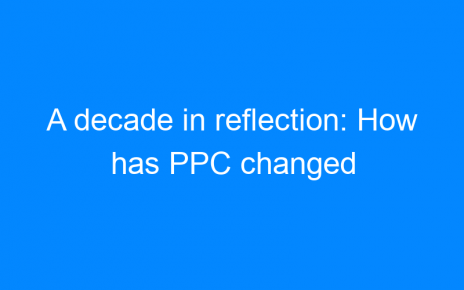Using user-generated content for marketing has been the most advanced strategy of digital marketers and brands these days for marketing & advertising purposes. However, every content, review, testimonial, or content posted publicly on social media by your users is not ready-to-use. There are some user-generated content legal issues that come along with the benefits of UGC.
It means even if the content is posted publicly on the social media channels, then also you cannot use them directly, as the right of the content is still with the original creator of the content and using their content without their permission is not legal.
You cannot deny the fact that using user-generated content could be immensely favorable and profitable for your brand, yet, with UGC comes a lot of legalities that you cannot avoid. In this article, we are going to explore the user-generated content legal issues which may come up while using UGC and how they can be avoided.
When do you need to get the Consent from the Original Creator of the UGC?
Table of Contents
Yes, the consent of the original creator of the content is a necessity before publishing it for the marketing purpose of your brand.
Whenever you and your brand are going to make a monetary profit from the user-generated content, then definitely, you need proper permission from the original creator of the content to avoid any future legalities of the issues raised.
User-Generated Content Legal Issues
If you or your brand is not taking the consent of the user before using their content for the marketing & advertising purpose of your brand or products, then the applicable legal issues which may be raised against your brand are:
- Copyright Infringement Issues: Even after posting a comment, picture, or tagging your brand in the content which the user has posted as feedback on your website, blog, or on any other social media platform, the copyright is retained by the user only. In case you want to use that content for advertising or marketing purposes, then your brand must seek content permission from the original creator of the content. It is to make sure that your brand is not infringing on the user’s copyrights.
- Revenue Generation: When the brand uses the user-generated content for making profits or generating more leads, then the user might think that the brand is generating revenue from his original content and not giving any credit in return. So, to avoid this legal affair, the brands should mention clearly in the permission note that the proper credits of the original content would be given to the user so that it eliminates the possibility of this issue.
- Offensive Content: Social media platforms are open for all to share their reviews, feedbacks, or thoughts. However, there might be some people who might post negative or inappropriate content about your brand either during the UGC campaign of your brand or when live streaming the feeds during any event.
But it can become troublesome for your brand and its image if you repost or share the content without filtering it. It can account for the brand for the violation of law or the violation of terms and conditions of any social media platform.
To avoid any such obligation or liability, it’s recommended to use social media aggregator and moderation tools like Taggbox to eliminate the possibility of reposting any inappropriate or offensive content during the campaign or live stream of any such comments during the event. - Privacy Issues: When collecting and curating user-generated content from the social media platforms brands, and businesses also curate the personal information of the users. However, repurposing the content on social media that includes the personal information of the user may lead your brand in breaching the privacy of the user. To eliminate this legality, the brand should mention in the permission seeking a document that, what all personal information of the user will be used while repurposing the content.
- Defamation: People have myths about freedom of speech. Some users even brutalize it. Defamatory laws are variable and are based on your geographic location. But some basic rules or guidelines can be followed to avoid defamation legality. Brands should mention the law of defamation in the Terms and Conditions of their website, blogs, campaigns, or any other social media pages. In this case, the user is held responsible for the action, not your brand.
How to tame the risks of the UGC?
In contempt of all the user-generated content legal issues, your brand or business can reduce the risks of all of the aforementioned issues. This can be done by planning and following a studied, strategic, and mindful approach for your UGC campaign or collecting User-generated content.

Here are a few ways which you should consider to avoid these legal issues:
- Employ some digital policies to regulate user-generated content.
- Add and mention UGC policy in the Privacy Policies of your brand, business, or website.
- Pursue proper permission or an agreement from the original creator of the content before using the content for advertising or marketing purposes.
- Mention all the Terms & Conditions of UGC beforehand.
Conclusion
User-generated content is way more useful and valuable when it comes to creating brand awareness, trust, and reliability. When your users share their feedback about the experience they had with your brand, it expands the reach of your brand and also boosts its stability & reputation.
To stay away from all the foreknown user-generated content legal issues, your brand must create a strong Privacy Policy and Terms & Condition regarding the user-generated content. And also must seek the permission of the user before publishing user-generated content.
It is important to maintain the reputation of the brand while engaging and captivating new visitors or users at the same time.



